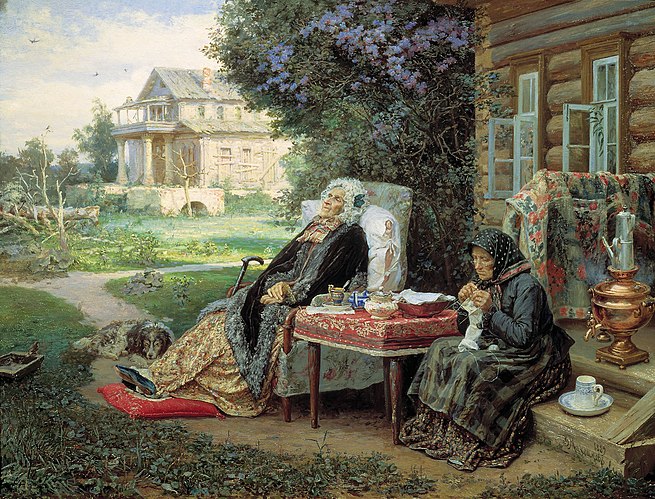
-
Past
The past is a term used to indicate the totality of events that occurred before a given point in time. The past is contrasted with and defined by the present and the future. The concept of the past is derived from the linear fashion in which human observers experience time, and is accessed through memory and recollection. In addition, human beings have recorded the past since the advent of written language.
The past is the object of study within such fields as history, memory, flashback, recollection, archaeology, archaeoastronomy, chronology, geology, historical geology, historical linguistics, law, ontology, paleontology, paleobotany, paleoethnobotany, palaeogeography, paleoclimatology, terminology and cosmology.
-
Passed (verb)
simple past tense and past participle of pass
-
Passed (adjective)
That has passed beyond a certain point (chiefly in set collocations).
-
Passed (adjective)
That has passed a given qualification or examination; qualified.
-
Past (noun)
The period of time that has already happened, in contrast to the present and the future.
“a book about a time machine that can transport people back into the past”
-
Past (noun)
The past tense.
-
Past (adjective)
Having already happened; in the past; finished. from 14th c.
“past glories”
-
Past (adjective)
Following expressions of time to indicate how long ago something happened; ago. from 15th c.
-
Past (adjective)
Of a period of time: having just gone by; previous. from 15th c.
“during the past year”
-
Past (adjective)
Of a tense, expressing action that has already happened or a previously-existing state. from 18th c.
“past tense”
-
Past (adverb)
in a direction that passes
“I watched him walk past”
-
Past (adverb)
Passing by, especially without stopping or being delayed.
“Ignore them, we’ll play past them.”
“Please don’t drive past the fruit stand, I want to stop there.”
-
Past (preposition)
beyond in place, quantity or time
“the room past mine”
“count past twenty”
“past midnight”
